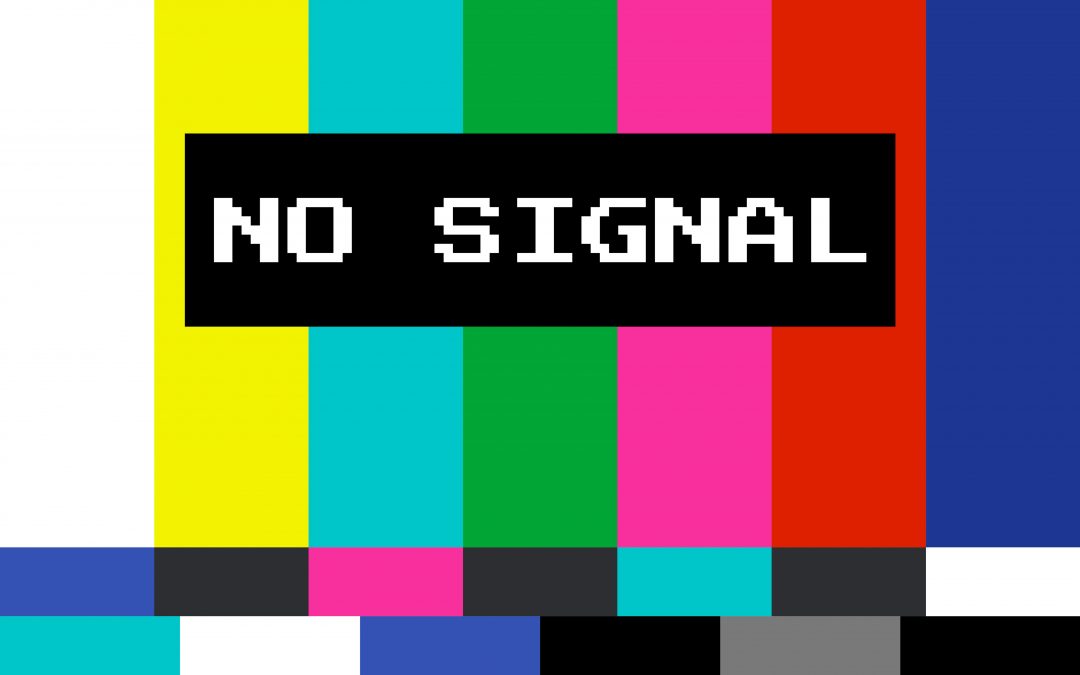Blog Editor’s Note: The United Kingdom is far ahead of some other countries with PNT resilience. It has taken a while, though, and still things are moving slowly.
Coronal mass ejections (CMEs) were added to the UK risk register in 2012. CMEs like the Carrington Event in 1859 and the NY Subway Solar Flare in 1921, both of which were powerful enough to set fire to telegraph offices, would likely destroy GNSS satellites or at least ionize the atmosphere and prevent signals from getting through for days.
This eventually led to a London Ecomics report in 2017 on the severe economic impact of a five day GNSS outage, and a “Blackett Report” on PNT dependencies in 2018.
Since then the UK government has moved slowly, but steadily forward, despite Brexit, COVID and other distractions, to make the nation more resilient. One of their hallmark efforts is establishment of a National Timing Centre to ensure users across the nation have access to precise UTC independent of space-based signals. (Resilient time for all users in the US is the subject of RNT Foundation’s recent whitepaper. After we published it, we saw the abstract of a paper on the UK’s timing efforts that seem to discribe an approach very similar to ours.)
It is interesting to note that the detection system is being paid for by the European Space Agency (ESA). The UK will remain a member of ESA even after Brexit. ESA has long been concerned about the vulnerability of space-based PNT signals. It has a number of projects on-going to improve resilience of these signals and develop non-space-based PNT.
The project described below puts the UK even further ahead of most other nations as it will allow for continuous monitoring of GNSS frequencies to look for disruptions. This will be a tremendous awareness and enforcement tool.
We wonder why every nation isn’t doing this.
Disclosure: GMV NSL is a corporate supporter of the RNT Foundation and is contributing to the project.
CGI to develop service to alert UK of GNSS disruption
The European Space Agency (ESA) has awarded a contract to London-based CGI to develop a GNSS Event Notification Service (GENS) capable of monitoring the United Kingdom (U.K.) GNSS spectrum to enable effective alerting and reporting of position, navigation and time (PNT) disruption.
GENS will integrate CGI’s PNT Incident Event Monitoring (PNTIEM) system with existing U.K.-developed sensors from Ordnance Survey’s network (OS NET) of GNSS receivers and GMV NSL’s Detector, GISMO and Strike 3 interface technologies.



